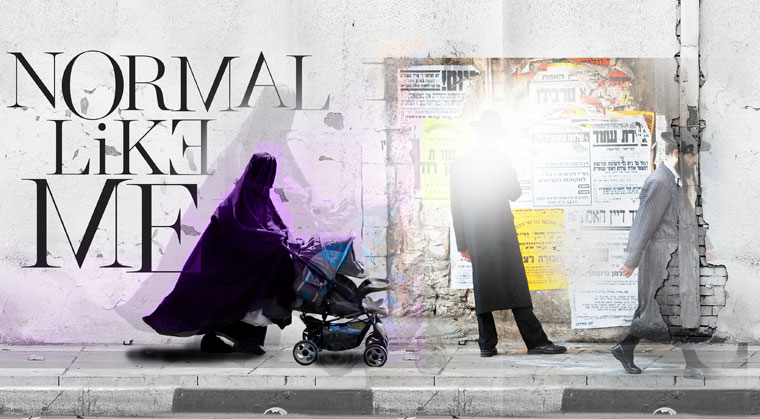Normal Like Me: Chapter 54


T
he beach alongside Wewak lay tranquil and lazy under the hot noonday sun. Date and coconut palms dotted the area that was to serve as a campground for the cataract patients. A slight Papuan supervised the workers as they erected tent after tent. They chewed betel nuts as they worked, and spit them out on the sand.
Bernadine looked around, hardly believing this was really happening. Finding a clean spot on the sand, she sat down for a break. Tonight, the medical team would arrive, on Monday morning the procedures would begin, and already now millions of people around the world were following the story.
“The story of the entire Papuan nation,” Joe intoned, spreading his arms out like a tragic hero delivering a soliloquy.
Bernadine laughed. “You’ve gotten used to being filmed, eh?” The camera crews were on hand, waiting for the patients to start arriving.
“I just got another angry message,” said Joe with a wry face. People from West New Guinea, which was under Indonesian rule, were upset that with the whole world watching him, Joe made no mention of them and their struggle for independence. “Now that you have an open ear among the media,” their e-mails clamored, “why won’t you speak up for your own people? Justice for West New Guinea! End the colonization!”
“Get off my back, will you?” Joe muttered at his smartphone. “Your struggle has nothing to do with anything, and I don’t have to talk about it everywhere I go.”
“You’re lucky that you were born on the eastern half of the island,” Bernadine remarked. “Otherwise you would be one of those agitating for liberation from Indonesian oppression.” She could easily imagine Joe as a rebellious young student, demonstrating against 50 years of Indonesian control, waving signs that said “Free West Papua” and “Indonesia — Out!!”
“Oppression? Give me a break!” Joe hurled a green betel nut toward the palm trees. “Those folks over there are living it up in a modern, developed country, and they have the audacity to complain about foreign rule. They should be grateful that somebody’s doing their work for them.”
The all-too-predictable debate was cut short by the sudden appearance of a huge man wearing a large nose ring. Bernadine smelled trouble.
“You cut my papa’s eye?” he demanded in broken Tok Pisin.
“Who are you?” asked Joe.
“Jingo. We in village, here on river.” The man gestured to his right. “You told us, come seven days after new moon.”
True. Joe had scheduled the patients’ arrival according to the moon, so that even the most primitive tribesman would know when to come. “So you came,” he said. “Very good. Tonight you will have a tent to sleep in.”
“No.” The giant took a threatening step toward Joe. He held an English-language Bible in his hand. “You not never cut my papa eye and put him other eye.”
“He thinks we’re going to do an eye transplant?” Bernadine murmured. “Who told him that?” They’d tried to explain the procedure in the friendliest possible way. (Excerpted from Mishpacha, Issue 720)
Oops! We could not locate your form.



